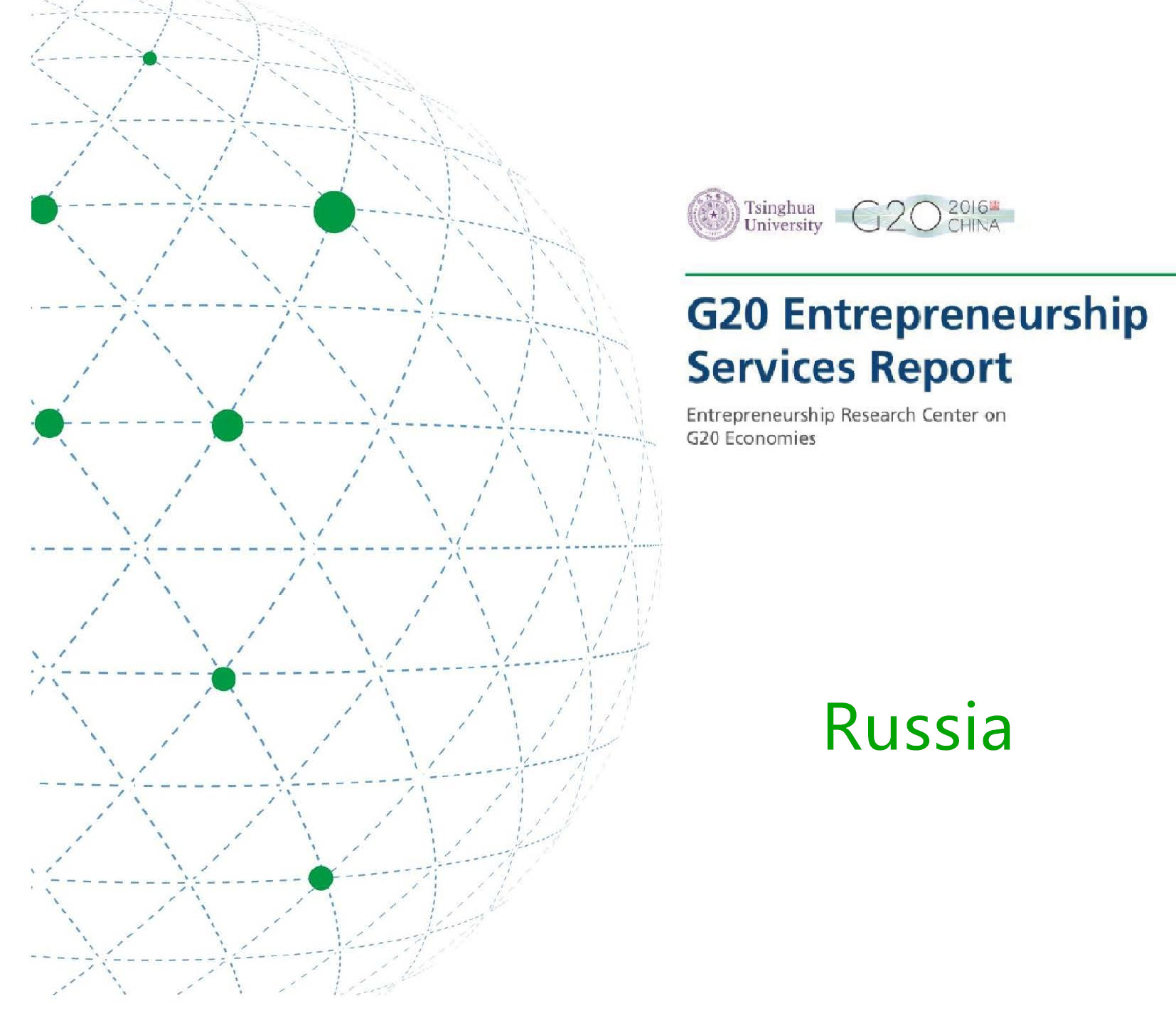
Summary
According to Russian Federal State Statistics Service (Rosstat), Russia had 5.67 million small and medium enterprises (SMEs) in 2014, which is defined by the number of employees and revenue. Among them, individual entrepreneurs and micro enterprises accounted for 62.24% and 32.96%, respectively. SMEs accounted for only 4.4%.
Russia’s economy has been sluggish since 2014. Though recovered slowly from 2017, it still causes negative impact on Russian SMEs. In a bid to provide SMEs and start-ups with good legal environment, the Russian government has released a swathe of laws and regulations, including the Federal Law on State Support for Small Business in the Russian Federation and the Federal Law on the Protection of Competition. In addition, the Russian government supports and promotes the development of start-ups and SMEs by adjusting industry structure of SMEs and improving business environment. To this end, it released the SMB Development Strategy until 2030 in 2016 and launched the Scheme of “Simplifying the Registration Procedure for Entities and Individual Entrepreneurs”. Russian SMEs are managed by the Department for the Development of Small and Medium-Sized Businesses and Competition, Ministry of Economic Development of Russia.
Russian government has initiated a series of financial policies to support the development of SMEs. On the one hand, it simplified the tax procedure for SMEs and reduced the tax burden through tax reform, such as expanding the scope of enterprises using the “simplified tax system” in 2016; on the other hand, the Russian central bank has eased bank regulation for SMEs in 2017. During 2017-2018, Russian central bank launched SME loan subsidies to implement the loan program with interest rate at 6.5%. Besides, Russian Federal SME Corporation has expanded the financial channels for SMEs. The growth of Russian venture investment also ameliorated the financing environment for start-ups and SMEs.
The Russian government devised strategies and plans in 2017, highlighting the importance of digital economy and supporting SMEs (digital service and R&D). In addition, it encourages universities and research institutions to cooperate with enterprises by providing continuous fiscal subsidies. Russia helps SMEs explore market by lifting procurement limits of governments and state-owned enterprises on SMEs, improving relevant measures, and providing subsidies. The Russian Network Innovation and Development Fund and the Skolkovo Fund provide incubation services for software tech startups.
Russian universities are governed by the state; and the entrepreneurship education has been implemented by these universities and academic institutions. A prominent feature of entrepreneurship education in Russian academic institutions is the cross-disciplinary cooperation, university-industry cooperation, and international cooperation. Moreover, it promotes the transfer of technology results and development of start-ups through various entrepreneurship platforms and incubators. Russia provides entrepreneurship training programs not only for young people and women, but also for high-growth enterprises.